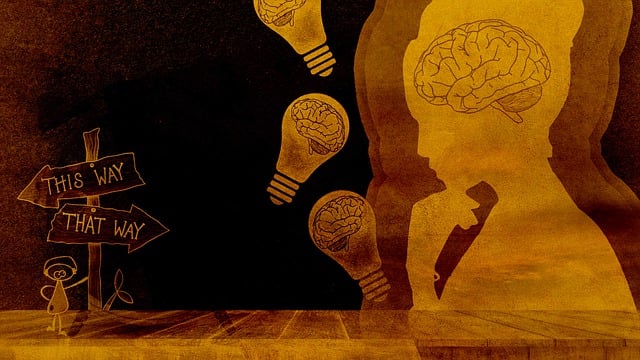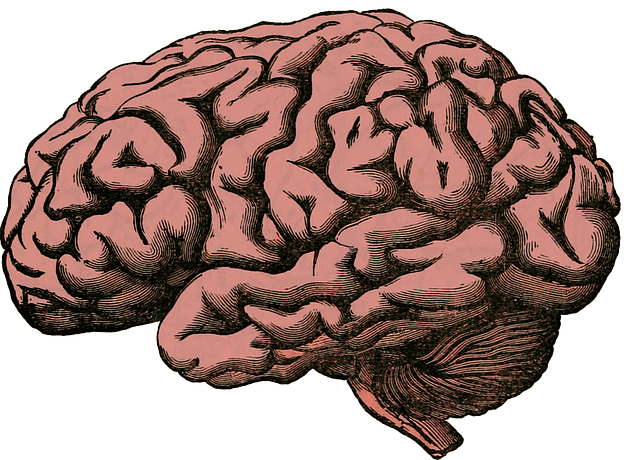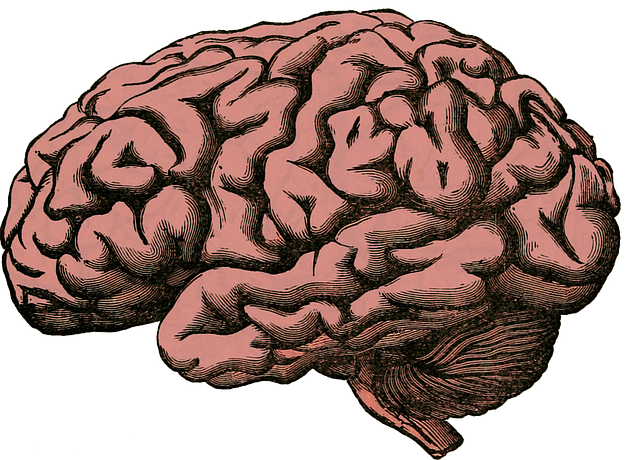Emotion regulation skills are vital for children navigating divorce or familial transitions, promoting positive mental health outcomes and reducing stigma associated with mental illness. Through therapy, therapists teach personalized techniques like empathy building, cultural sensitivity, and mindfulness practices to help kids cope with difficult emotions effectively. These strategies, integrated into daily routines, build resilience and healthy coping mechanisms, enhancing emotional intelligence and relationships while normalizing experiences discussed in the Mental Wellness Podcast Series Production for children dealing with divorce.
Emotion regulation is a vital skill for children, especially those navigating the complexities of divorce. This article explores techniques to enhance their emotional well-being during therapy. We delve into the significance of emotion regulation in children’s therapy and its role in helping them manage difficult emotions associated with family breakdowns. By presenting effective strategies, parents and therapists can empower kids to cope with divorce more adaptively, fostering resilience and a healthier emotional landscape.
- Understanding Emotion Regulation and its Significance in Children's Therapy
- Techniques to Teach Children Effective Emotion Regulation Skills
- Applying Emotion Regulation Strategies in the Context of Divorce
Understanding Emotion Regulation and its Significance in Children's Therapy

Emotion regulation is a vital skill for children to develop, especially those navigating the complexities of therapy due to divorce or other familial transitions. It involves recognizing and managing one’s emotions effectively, which is crucial for their overall well-being and social interactions. In the context of therapy for children, teaching emotion regulation techniques can empower kids to cope with difficult feelings and promote positive mental health outcomes.
Children who have experienced divorce or other traumatic events may struggle with emotional regulation, leading to challenges in expressing themselves and interacting with peers. Through specialized therapy sessions, professionals can teach them practical strategies to identify and control their emotions. This process fosters resilience and helps children develop healthy coping mechanisms, reducing the impact of mental illness stigma and enhancing their ability to navigate life’s challenges. Additionally, integrating empathy building strategies and considering cultural sensitivity in mental healthcare practice ensures that each child receives personalized support tailored to their unique background and experiences.
Techniques to Teach Children Effective Emotion Regulation Skills

Teaching children effective emotion regulation skills is a vital part of their overall development, especially those who have experienced therapy for children divorce or other challenging life events. One key technique is to help them identify and understand their emotions through conversations and emotional vocabulary exercises. By encouraging kids to label their feelings, they develop a better awareness of what they’re experiencing, which is the first step towards managing it.
Additionally, incorporating strategies like mindfulness practices and relaxation techniques can be immensely beneficial. Simple activities such as deep breathing exercises or guided visualizations can help children calm down when they feel overwhelmed. Building inner strength through these methods not only enhances their emotional intelligence but also boosts confidence in their ability to cope with difficult situations. Furthermore, empathy-building strategies should be integrated into the learning process, fostering a deeper understanding of others’ emotions and promoting healthy relationships.
Applying Emotion Regulation Strategies in the Context of Divorce

Divorce can be a highly emotional process for both parents and children, making effective emotion regulation strategies crucial in therapy for children divorce cases. When faced with the upheaval of their family dynamics changing, kids often struggle to process and express their feelings healthily. Here, professionals can play a vital role by teaching them mood management techniques tailored to their age group.
Through psychotherapy sessions, these strategies can be integrated into daily routines, helping children cope with anxiety, anger, or sadness associated with the divorce. For instance, mindfulness practices such as deep breathing exercises and sensory activities can offer immediate relief during intense moments. Additionally, cognitive reframing techniques enable kids to challenge negative thoughts and foster a more positive outlook, enhancing their overall mental wellness. The Mental Wellness Podcast Series Production can further aid in normalizing these experiences and providing consistent support throughout the healing process.
Emotion regulation techniques teaching is a vital tool in children’s therapy, especially when addressing the unique challenges of divorce. By understanding and mastering these skills, therapists can empower kids to navigate their emotions effectively, fostering resilience and healthier relationships. This comprehensive approach, as highlighted in this article, offers practical strategies to help young individuals manage and express their feelings constructively, ultimately improving their overall well-being and adaptability.










